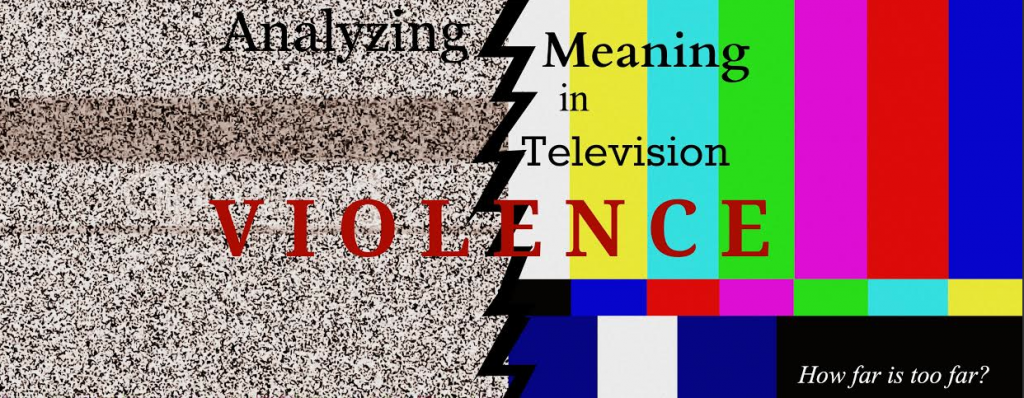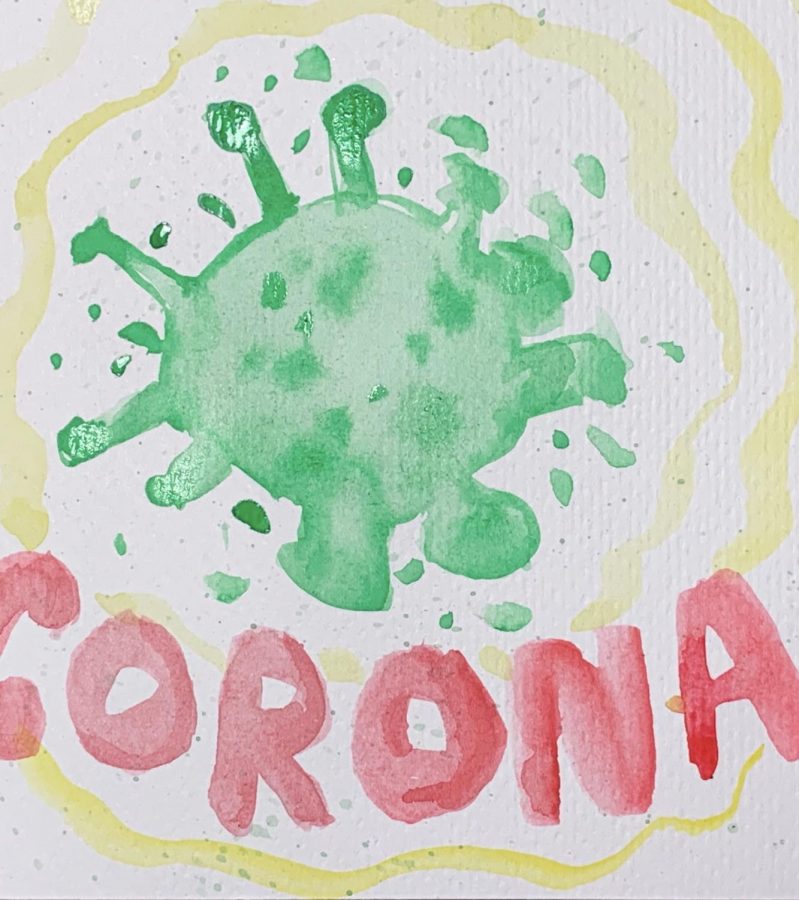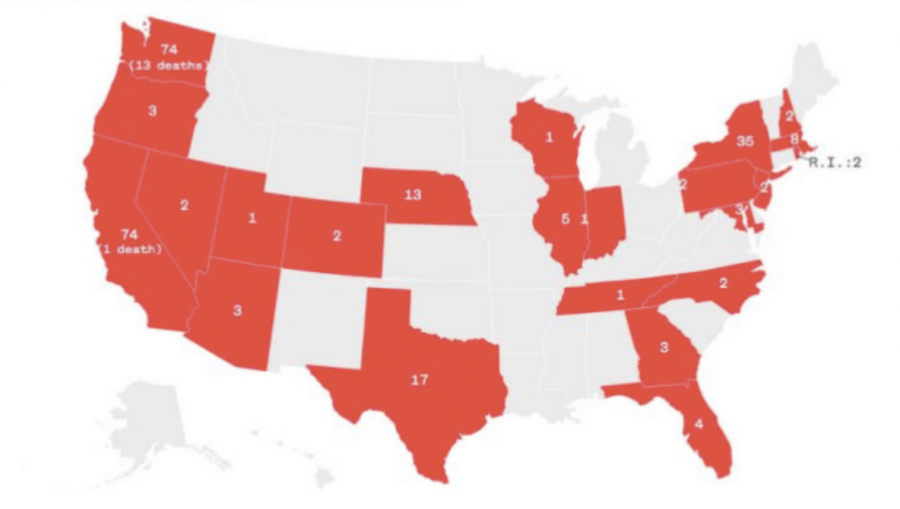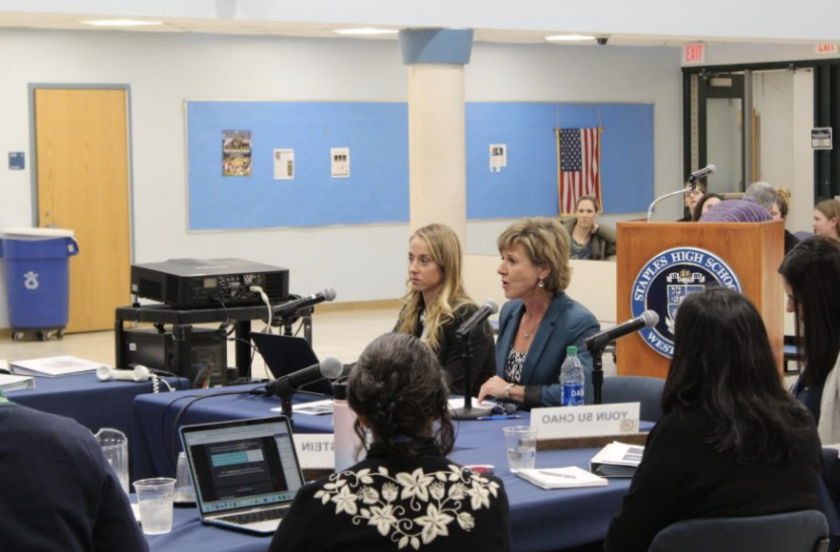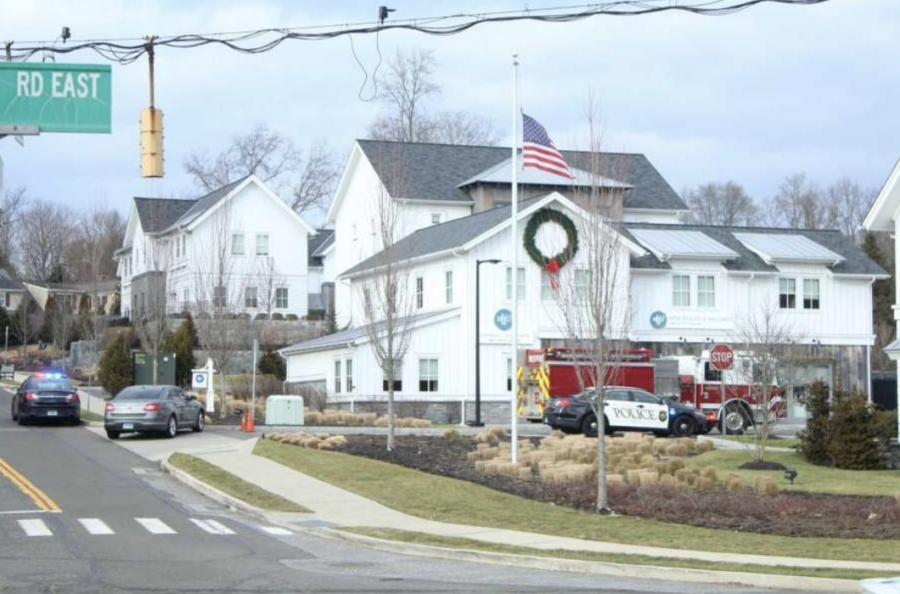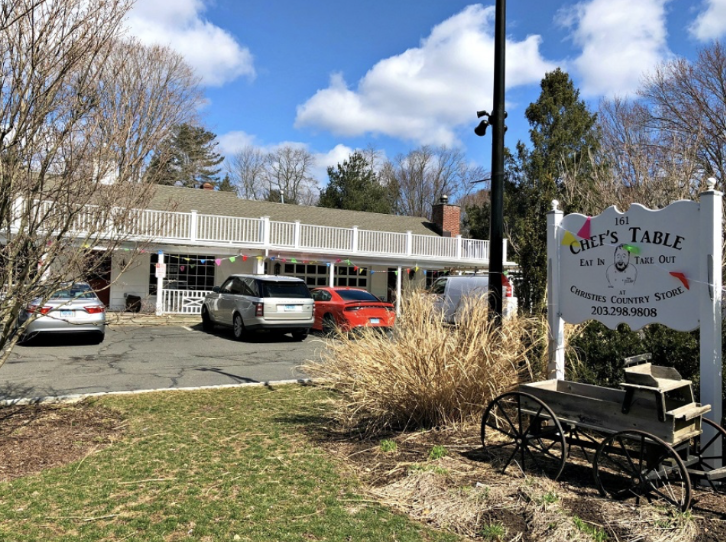Shocking television violence sheds light on crucial issues
Ale Benjamin ’15
There’s a fine line between sensationalism and education.The media is an institution often denounced for sensationalism, particularly with violence.
However, screen brutality is not something to be immediately called senselessly tantalizing. When integrated intentionally, moments of cruelty in media can bear important lessons.
Many popular shows like “Breaking Bad,” ”Scandal” and “House of Cards” have recently come under fire for excessive violence.
These are shows with subject matters that can almost too easily get graphic. Meth labs, secret government agencies, yeah, not environments quite fit for the weak-hearted. Such traits are often a prelude for violence going too far.
However, where similar violence can be informative and educational is within subjects from which one would never expect a peep of hostility.
Take the picturesque greens and stone manners of the British drama “Downton Abbey.” While the show revolves around serious crises within a noble family, its demeanor is largely chipper and prim.
But when its dignified propriety is turned sour with the vicious sexual assault of beloved housemaid Anna, many viewers were horrified and condemned the incident as a crude attempt to spike ratings with empty dramatics.
But was it?
When a work of entertainment makes us wince or squirm, we must stop and wonder why. Behind many jarring acts is an opportunity for awareness.
As the actress behind Anna, Joanne Froggatt, commented, rape was a difficult subject for the show to cover, but the directors were brave to show this unpleasant side of an otherwise picturesque lifestyle. She hoped her character’s struggle would help women who had been silenced under similar situations by seeing that they are not alone in their hardships.
This is one of the most crucial and unique powers of entertainment: to connect its viewers personally with a story that gives them inspiration and strength.
Can violence in television go too far? Of course. But rather than condemning it on impulse, we must pay attention to when it upsets us most. It often does so in revealing the most important shames of our world; shames we must confront if we ever wish for them to change.
Television violence has just gone too far
Claire Lewin ’15
If you’re an avid Scandal watcher like me, you know that there is nothing better than staying up late at night watching episode after episode on Netflix, wishing you were as cool as Olivia Pope.
We watch because we love to see her sip wine out of her enormous glass, solve mysteries that no one else has the ability to solve, and see her and the president engaging in PG-13 conduct.
And after we watch we discuss. That scene between Huck and Olivia that made us cry or that scene between Mellie, Olivia, and Fitz that made us cringe.
But what we don’t discuss is the scene where viewers watched one of the characters ply out the teeth of one of his friends; we don’t discuss the time when we saw a character be water-boarded and beaten alive; and we don’t discuss the time where Olivia’s mom ate her wrist until she got to an artery.
It’s not that we don’t discuss these things because we are too scared to talk about them. Sure, some of us may have covered our eyes and ears during such grotesque scenes, but we all still watched through the cracks in our fingertips, or heard through the muffles of our palms against our ears.
We don’t discuss it, rather, because Americans are just not fazed by violence anymore. It has now become expected that a political scandal show where crimes about affairs, slander, and libel are discussed are resolved through torture, murder, and other such violent acts rather than deliberation, fear, or even just foreshadowing.
No, foreshadowing is not satisfying enough anymore. Long gone are the days where directors can simply creep forward in anticipation of the protagonist committing a violent act. We now must see bullets fly through and knives pierce skin.
But just because such violent scenes seem to be “in vogue” right now does not mean they are necessary. The truth is, entertainment can be achieved without violence.
What about if we hadn’t seen Olivia’s mother eat her own wrist? Must we actually see the blood spilling from her body in order to get the point that she would do anything to escape from prison?
The violence that we see in television today is no longer necessary, rather, it is simply there to satiate Americans’ growing hunger for visual violence.
There is nothing to gain from seeing gratuitous violence except desensitization to things we should all be fearful of.












































